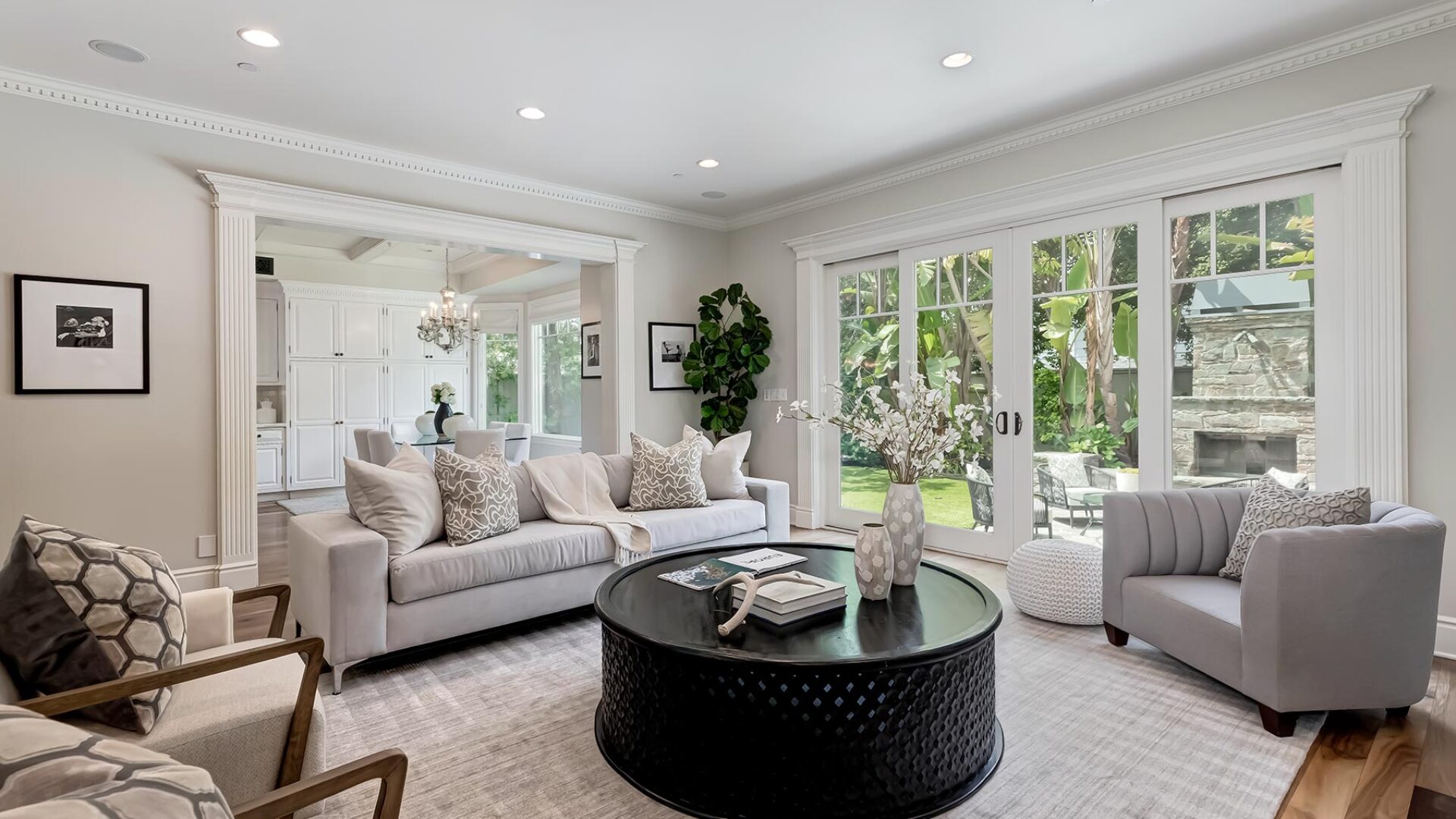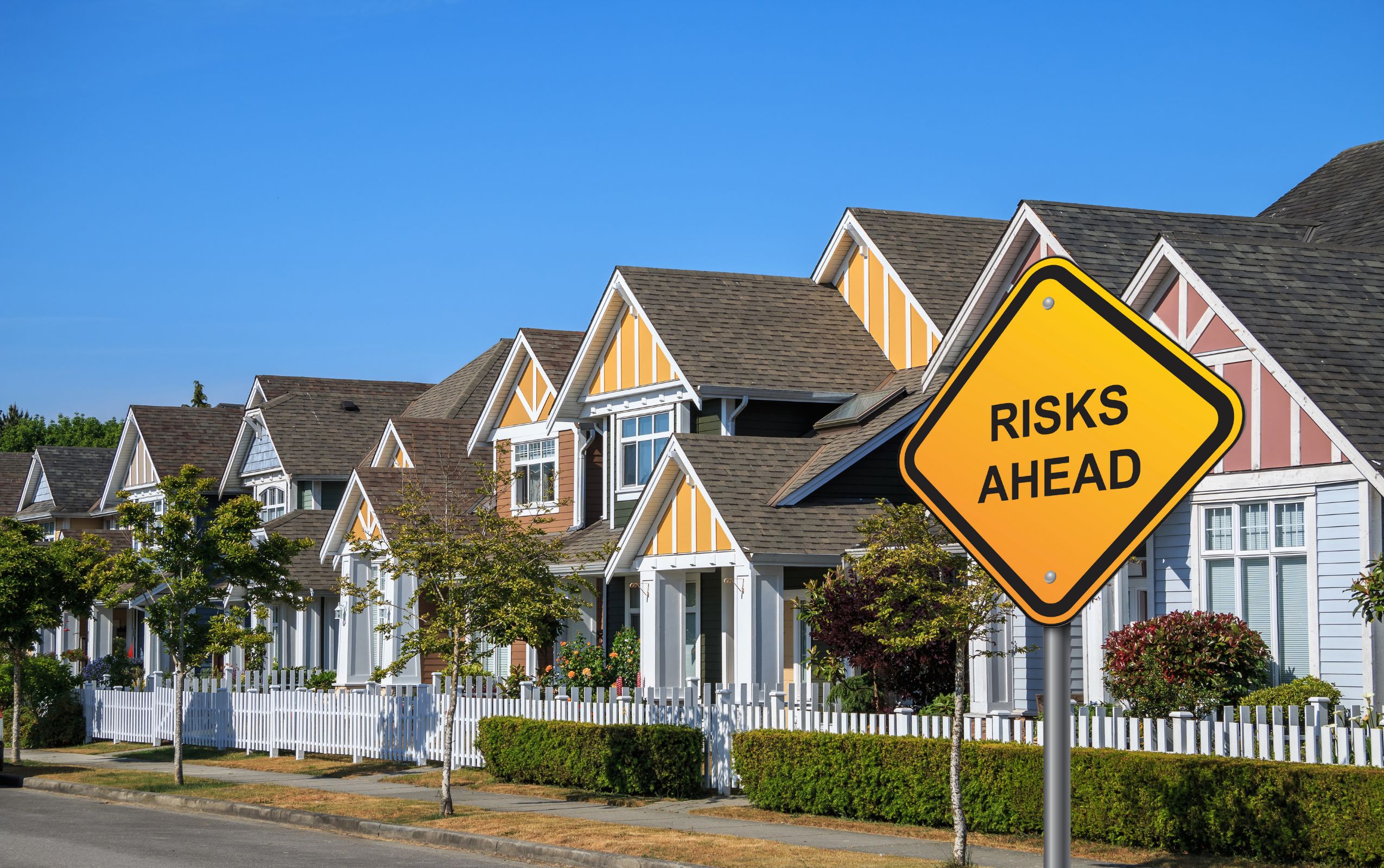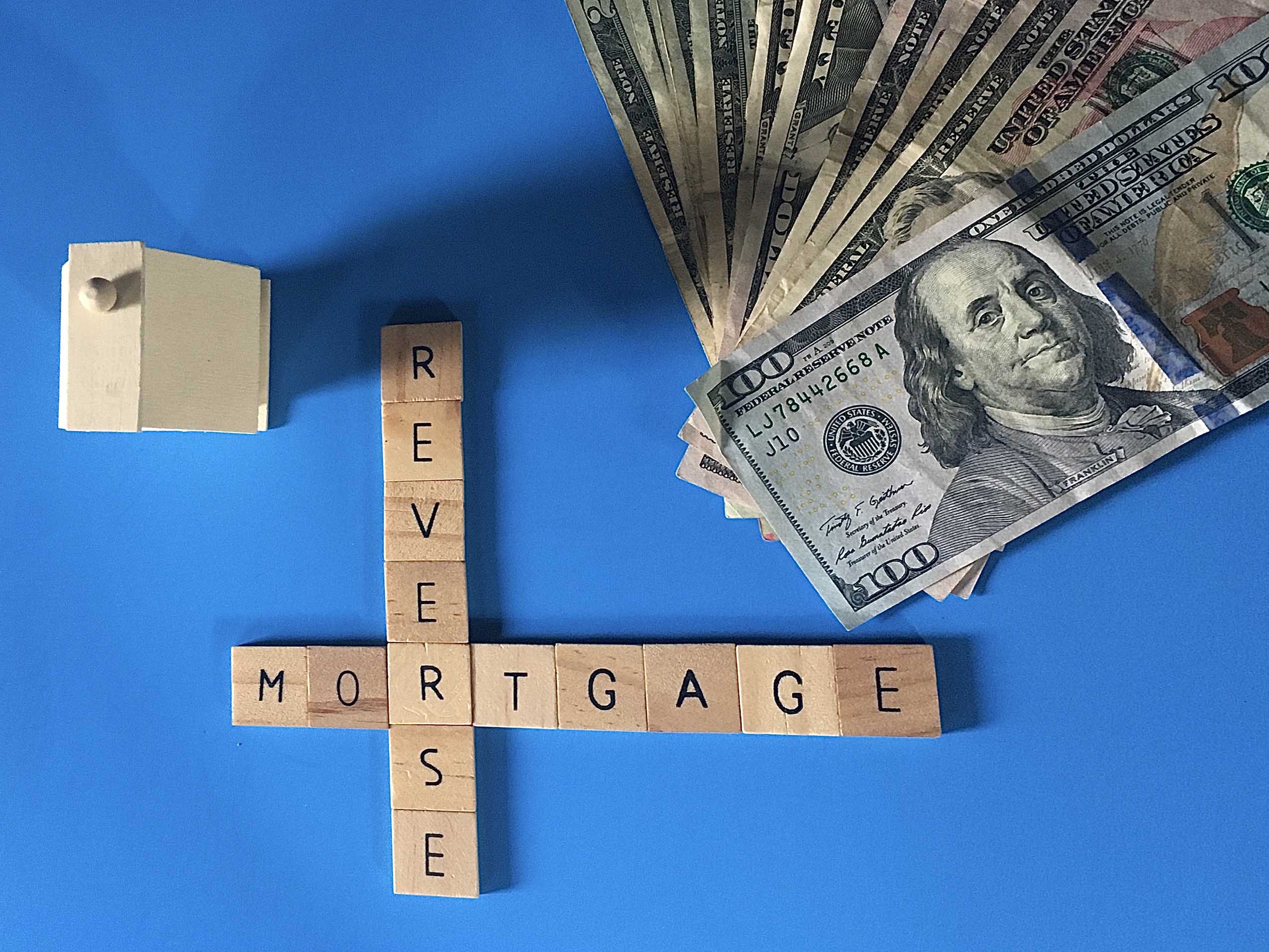Overpricing or Underpricing Costs You
If you are planning to sell your home during a period when local real estate prices are rising, it may be a sound strategy to ask your agent to set a price about 5%-8% above where current sales levels have just recently been. If prices are flat or moving so little that no one feels certain of a direction, it may be a better strategy to set the price about 3%-5% above where recent sales have been. On the other hand, if prices are clearly in a downtrend, you will probably feel better about your agent’s performance if you ask him to price it 2%-5% below recent sale levels.
The challenge is always whether to risk overpricing in the attempt to maximize sale proceeds or perhaps underpricing to sell quickly by appealing to far more prospective buyers. It is not uncommon for owners to place a higher value on their homes than an objective evaluation by an appraiser or real estate agent would indicate, but this may lead to overpricing which results in actually getting a lower price!
Since 1996, an average of over 350 homes were sold each year in Pacific Palisades. But there was also an average of close to 130 homes that did not sell each year, and the owners of these homes did not succeed in their goals unless the purpose was to just test the market. Staying on the market at an over-market price does little besides helping other people sell their homes that are more correctly priced, and also wastes a lot of effort and energy by the owners and the agent.
Agent Are Frequently Asked, “How Much is My Home Worth Today?”
Often the owner then decides to add on an extra 5%-10%, explaining that they just want to test the market – to see if someone is willing to pay that much – and that they will take less, of course, if no one offers that much.
Then they wonder why no one makes an offer after several weeks of marketing. Eventually, they may need to lower the price to below where it might have sold initially in order to finally sell the house. I have succeeded in selling many homes where I was the second or even third or fourth agent to be selected by the owner.
Pricing Your Home Right the First Time it Hits the Market Is Critical to Maximum Exposure
Of course, there are always many factors involved in the success or failure of the sale of a home, but the reason most failed to sell was that the price was set too high for too long. Many people are tempted to overprice their homes for reasons they personally think are legitimate and reasonable. Others tend to want to listen to neighbors who think that prices should be much higher, or to flattering comments friends or relatives make that lead them to inflate the feeling of value above realistic levels.
Some think they should get a premium for their home because it is unique, whereas that very uniqueness may be the biggest disadvantage in marketing and valuation by the buyers who do not prefer uniqueness in a home. Of course, some agents contribute to a seller’s temptation to set the price too high in order to get hired to sell the house.
If an owner is tempted to test the market but really does want to sell the house, there are many good reasons to resist and price it right at or just ahead of the market level. Overpricing could cost you your very best prospects. It will hurt you during the prime time of marketing. It often leads to the listing becoming stale and agents forgetting about it. There are a lot of other reasons we can share it with you. Please take the time to ask. It may save a lot of time in marketing and also could result in getting you more for your home.





